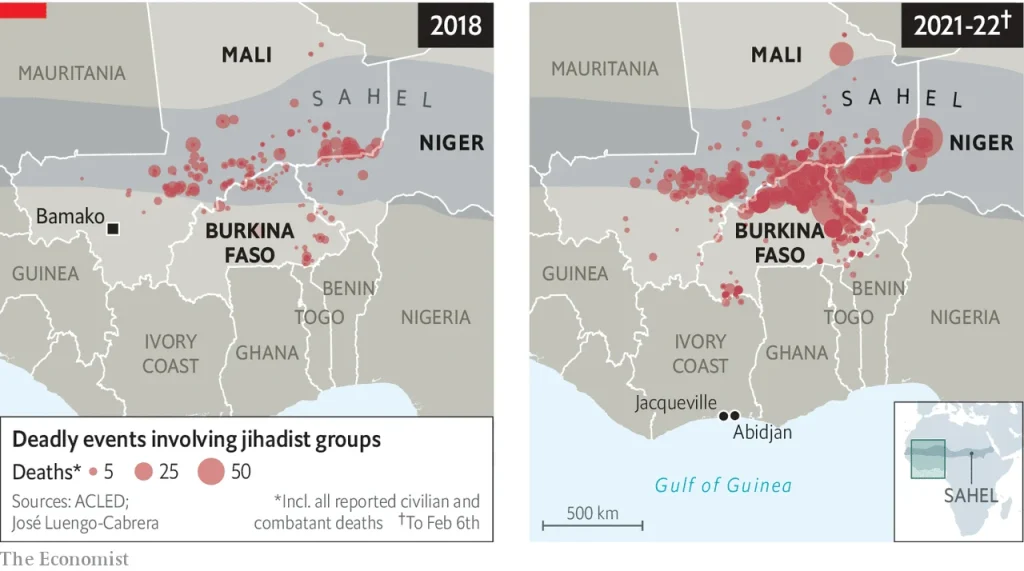Nigeria’s economy recorded a significant GDP growth rate of 3.46% in the third quarter of 2024, as reported by the National Bureau of Statistics (NBS). This marks an improvement compared to the 2.91% growth observed in the second quarter, highlighting the country’s steady economic progress.
The services sector emerged as the primary driver of this growth, contributing over half of the total GDP. Sub-sectors such as telecommunications, trade, and financial services experienced robust performance, showcasing Nigeria’s growing diversification away from oil dependency. The telecommunications industry benefited from increased digital adoption, while financial services leveraged technological advancements to expand access to banking and investment solutions.
Despite the overall positive performance, the oil sector continued to face challenges. A marginal decline in oil production was recorded, reflecting the ongoing volatility in global oil prices and local operational constraints. However, non-oil sectors demonstrated resilience, further solidifying their role in shaping Nigeria’s economic future. The agricultural sector also contributed significantly, bolstered by improved rainfall patterns and government interventions aimed at enhancing productivity.
Inflationary pressures remain a concern, with the NBS noting rising costs of goods and services. However, the central bank’s monetary policies have helped to moderate these pressures to some extent. Experts believe the improved GDP growth signals a recovering economy, though they emphasize the need for sustained policy reforms and investments in infrastructure to maintain this upward trajectory.





















